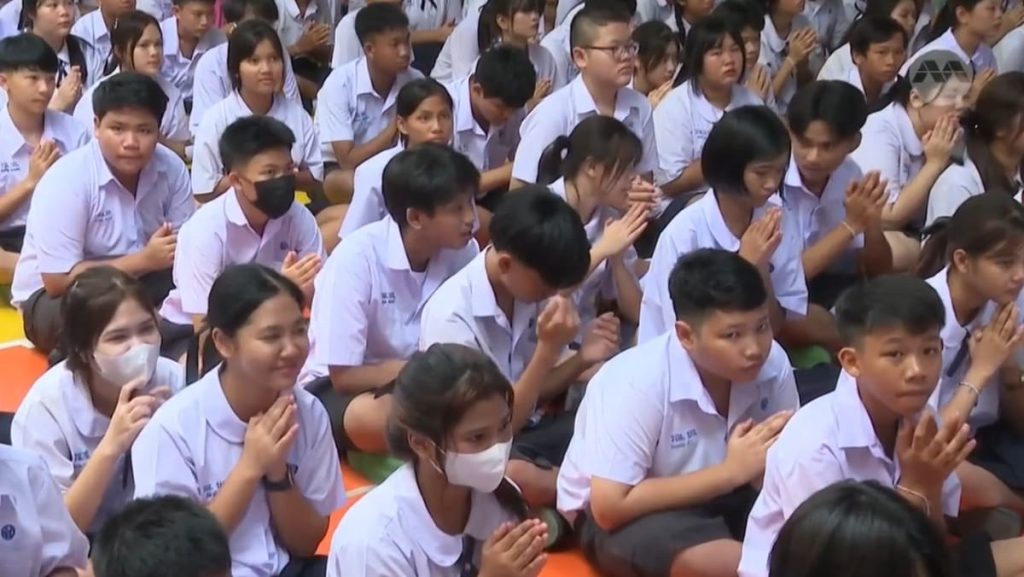The PISA 2022 assessment, conducted by the Organisation for Economic Co-operation and Development (OECD), revealed a concerning pattern among Thai students—those in the country outperformed their neighbors such as Malaysia and Vietnam when measured in reading, math, and science. This raises questions about the quality of education in Thai schools, highlighting discrepancies in performance across different regions. Thai students also lagged in creative thinking compared to their international peers, which adds another layer to the issue of academic development.
The critics point to several underlying problems. Firstly, the Thai education system’s core curriculum has persisted for over 15 years without being updated, potentially affecting the quality and relevance of educational standards. This lack of adaptation could be a significant factor in the performance gaps observed. Secondly, the emphasis on rote learning, which focuses on memorization over critical thinking and creativity, undermines the development of well-rounded students. teachers, in turn, are understaffed and overworked, indicating insufficient resources and expertise to implement new teaching methods effectively.
Beyond teacher changes, the text criticizes the penalization of mistakes, such as deducting points for incorrect attire or barring students from exams, which discourages uniform infractions. This approach reduces accountability and creates a culture of punishment, which limits progress. Additionally, the failure of reward structures, such as adding points for academic success, reinforces conventional grading biases that favor students who adhere to traditional exam standards.
A critical call was made by Thai education officials, English professor Athapol, who emphasized the need for education institutions to focus on improving standards rather than punitive measures. This shifts the focus from punishment to enhancement, suggesting that if the changes are underway, it reflects a positive indication of progress within the system. Athapol’s predicament as unresponsive to the criticism underscores the need for systemic change, but he believes that the gains are attainable through incremental improvements.
The issue is far from unique to Thai education. The same concerns apply to的地方, suggesting that a universal approach is necessary. While this is a positive note, it also highlights the urgency with which changes must be implemented. Rebuilding confidence and resuming the downward trend requires sustained effort and a commitment to education reform, especially in the face of both the current system’s limitations and the pressures to meet international standards.










